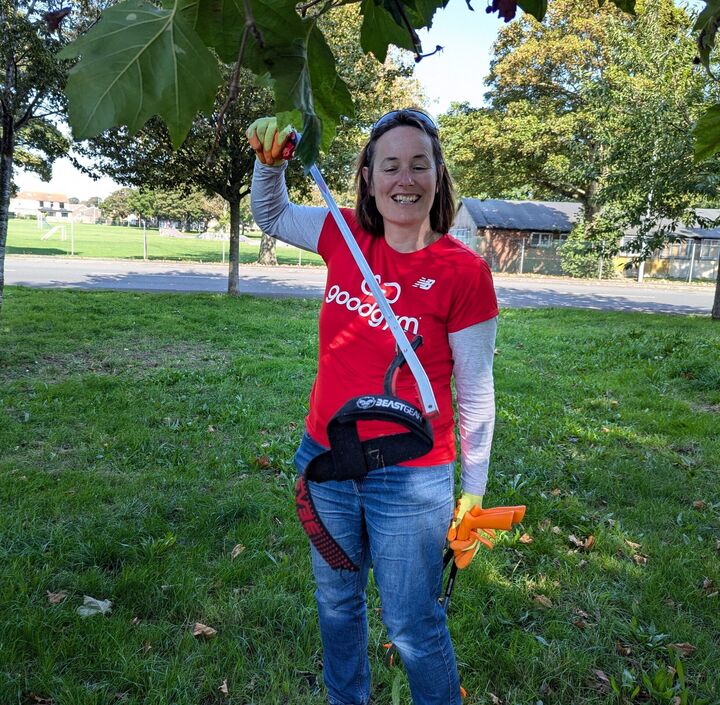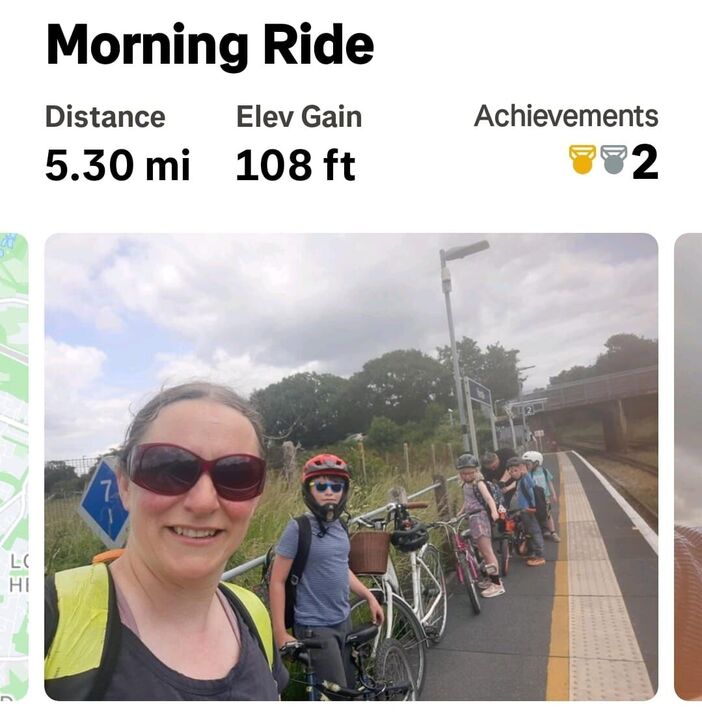Portsmouth
Sunday 15th June 2025
Credits
Report written by Andy O'Gorman (He/him)
Share the love
This week we've seen lots of activities for Diabetes Awareness Week, demonstrating true GoodGym spirit in the fight against diabetes.
Some of us opted for walks, whilst others opted for runs, and some bike rides too! A huge shout out to Tracey in demonstrating true warrior spirit, and to Lucy and Abby who took part in the Hoppit Half Marathon and Marathons.
Well done everyone. It's so good to see you all moving and making the most of the week!
Discuss this report
Join us on our next session
Portsmouth
🗓Tomorrow 1:15pm
Help tidy up green spaces in the city!

